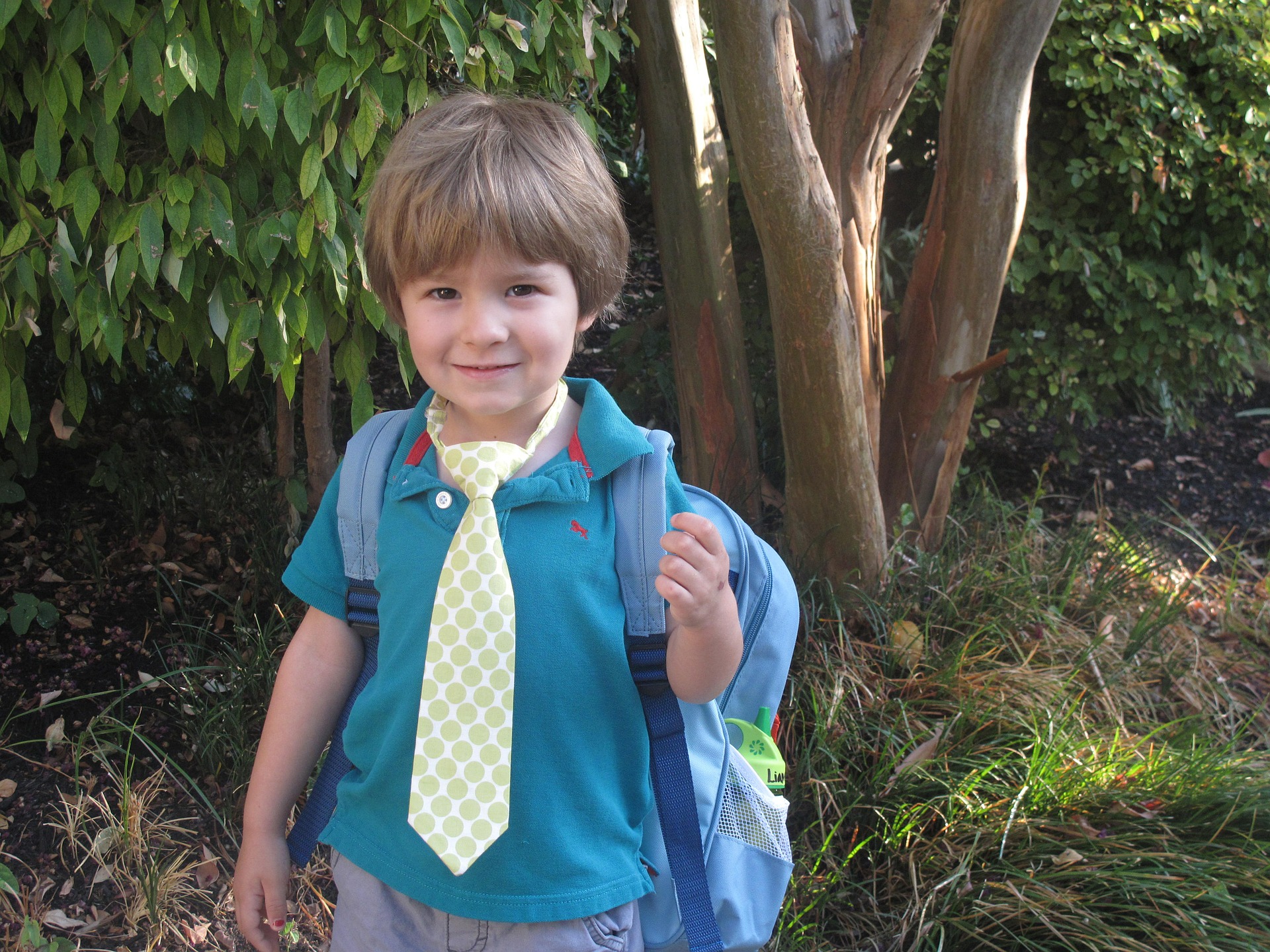Sufficient Sleep Enhances Children’s Memory
Sufficient sleep will enhance children’s memory! A research in Germany shows that the memory of a soundly asleep child is more powerful than an adult. Researchers indicate that the brainwaves of children in deep sleep are slower, and slow brainwaves significantly affect learning, thinking and memory. Scholars further indicate that it is a special advantage of children to have better memory performance than adults when they are deeply asleep. Recent research shows that sufficient sleep can improve children’s memory. Researchers indicate that this might explain why those students who do not sleep well at night usually perform poorly in schools. The scholars at Tübingen University in Germany have found that sufficient sleep will help to transfer covert knowledge into overt knowledge when children have enough sleep. “Overt knowledge” is stored in the brain, and is the information that can be expressed verbally, while “covert” knowledge is the one that people understand and can naturally be transferred into actions, but is difficult to express by words. In an experiment, the research team of Dr Jan Born at Tübingen University trained up 28 children and adults to try to press the buttons on a switchboard in a specific sequence by trial and error; Then after a good night sleep, the researchers asked the subjects to press the buttons in this specific sequence again, but by memory this time. The results of this experiment indicate that the performance of children in the overt knowledge test on the second day is better than the adults. Researchers find that the brainwaves of children are slower when they are sleeping, and this is related to the formation of the memory of overt knowledge. Scientists believe that slow brainwaves are significantly affecting the recovery of mood, learning, thinking and memory. Dr Born has remarked, “It seems that children’s ability to transfer covert knowledge into overt knowledge in their sleep is an advantage that distinguishes themselves from adults.” These research findings were published in “Nature Neuroscience” magazine.
|
|

















